
Donkeys have quietly earned their place alongside more common farm animals, and farmers are finding new ways to integrate them into traditional and modern operations. As their role expands, their presence often changes how the land is worked and managed. Here are ten reasons a donkey might be the best addition yet.
Guard Animals
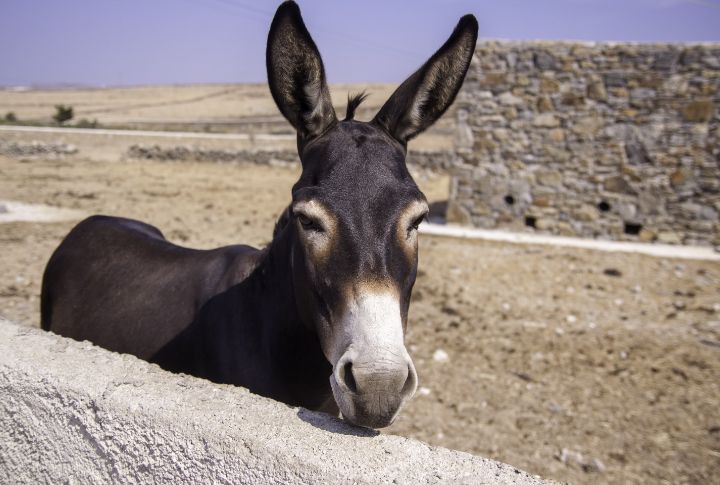
You hear it before you see it—a loud bray cutting through the quiet means a donkey is on alert. These animals’ territorial nature shows up fast, keeping smaller intruders like coyotes and foxes at bay. While they’re no match for bears, one stubborn stare is often enough to send nuisances the other way.
Strong And Sturdy Workers
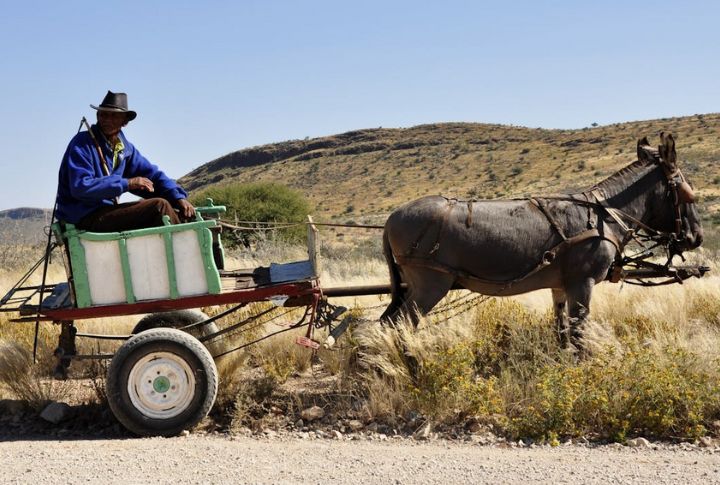
Imagine rocky trails and steep inclines—donkeys don’t flinch. Their strong legs and steady stamina let them carry gear or pull loads without hesitation. That reliability has served farmers for generations, whether in fields, on rugged paths, or deep in mines, where endurance mattered more than looks.
Low Maintenance
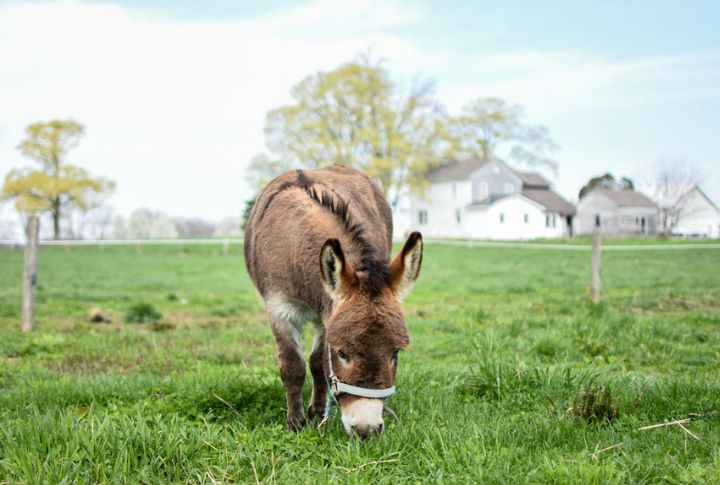
What’s the secret to a happy donkey? Hay, grass, and regular hoof trims. These animals keep things simple, eating less than their bulkier barnmates. Just provide basic shelter from extreme weather and stick to a trimming schedule every 8 to 12 weeks, and they’ll do fine on your farm.
Companionship For Livestock
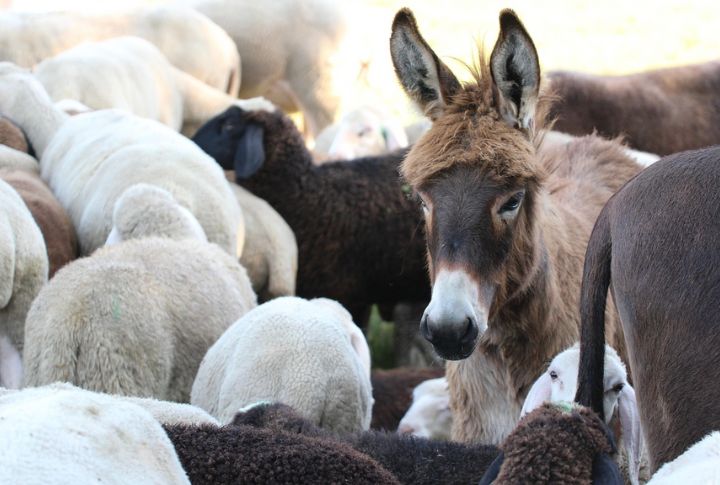
A quiet bond sometimes forms between a donkey and the herd. Sheep and goats may find a steady companion in their long-eared neighbor. Still, not every match is perfect. A new face in the field could spark some attitude, so careful introductions are the name of the game.
Pasture Management
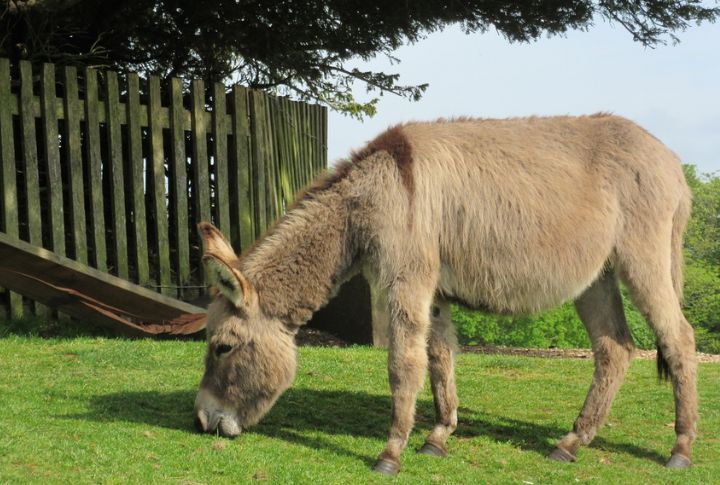
While donkeys aren’t your go-to for weed control, their steady grazing can still support pasture upkeep in a small way. They nibble throughout the day, which may help maintain vegetation. Most farms still rely on mowing or targeted grazing systems for broader pasture health, but a donkey still plays a part.
Longevity
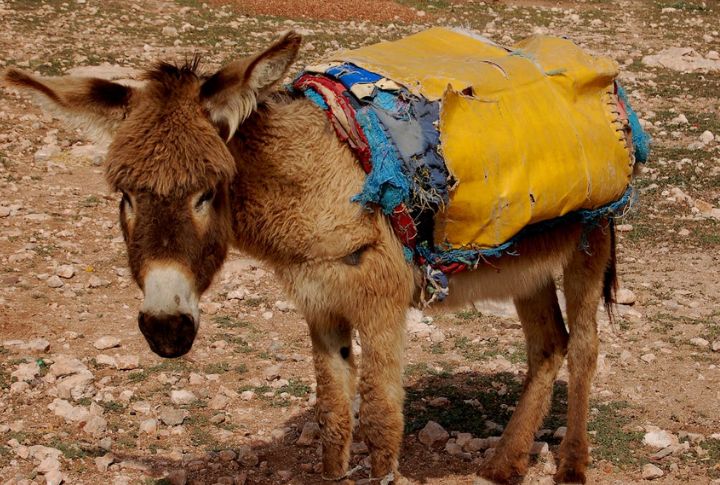
A donkey’s lifespan outpaces that of most other farm animals, and with proper care, they can live 30 to 50 years while staying useful well into their senior years. Their guarding instincts and work capabilities often stay intact, making them a long-haul companion for any property needing help and heart.
Great For Small Farms
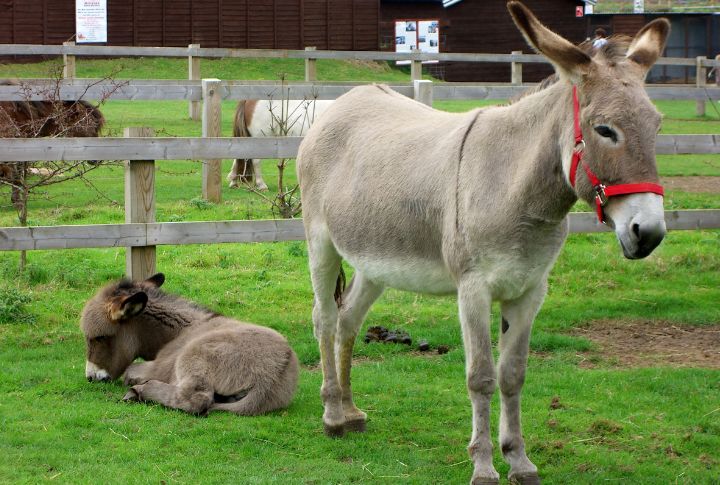
You don’t need a big spread to keep a donkey comfortable—they do well with just half an acre to an acre of space. Their calm nature makes them an excellent choice for families, especially those with kids. With proper management, they can easily settle into multi-animal setups without stirring up trouble.
Economic Advantage
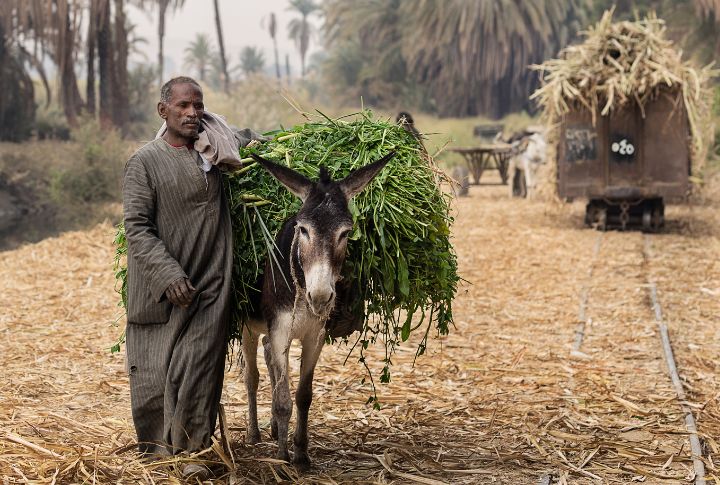
Running a farm is expensive, but donkeys help stretch the budget. These animals eat less than horses and generally stay healthy with fewer vet visits. On top of that, many farmers use them for basic hauling or farm chores, which means fewer gas-powered trips and less wear on machinery over time.
Friendly And Intelligent
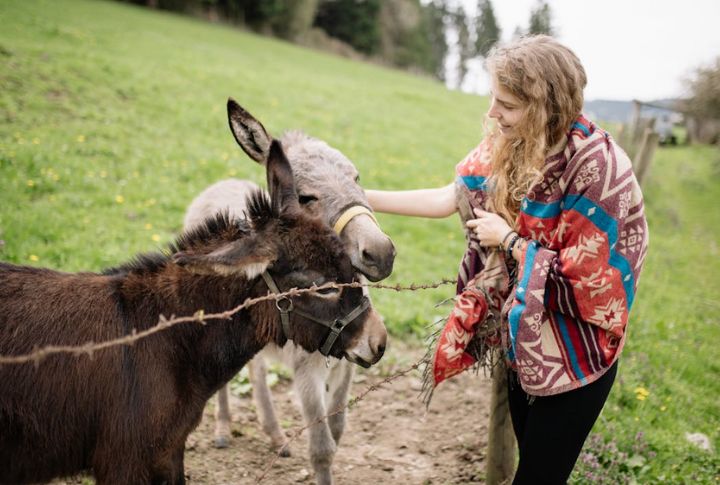
Donkeys recognize people they know—familiar faces never go unnoticed. Such a sense of connection helps them settle easily into routines and allows them to train for farm work. Alongside their reliability, a spark of curiosity and charm follows them through the barnyard, adding something extra to even the most ordinary tasks.
Sustainability
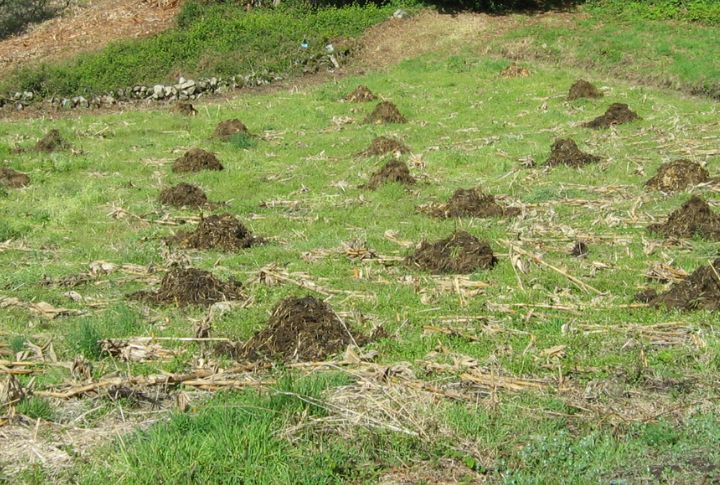
Their manure is packed with nutrients that naturally enrich the soil, helping crops grow without synthetic additives. Building on that, a donkey’s steady rhythm supports low-impact routines that align with environmentally conscious farming and promote long-term soil health.

